HOME > Basketball
Many people say that James wins the championship in a group, but in fact, James is the biggest thigh
1:56pm, 2 June 2025【Basketball】
On June 2, in the long history of the NBA, the controversy over "winning the championship together" never stopped, and LeBron James' name is always placed at the forefront of this topic. However, when we put aside the appearance and analyze James' career in depth, we will find a completely different fact: James is not only not a dependent on "grouping", but rather the absolute core and biggest "thigh" of three different teams winning the championship. His legendary feature is precisely that he was able to lead three teams with different styles, Cavaliers, Heat and Lakers, to the top, and all won the finals MVP (FMVP), becoming the only player in history to achieve this achievement. Behind this feat is James' unparalleled personal ability, leadership and all-round control of the game.
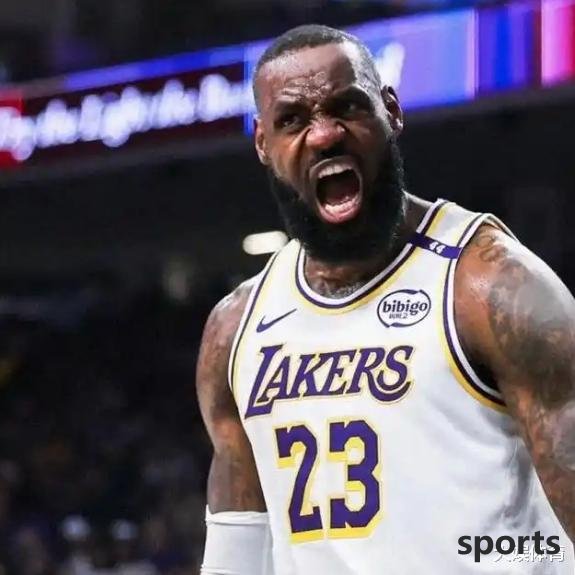
### 1. From the Cavaliers to the Heat: Single-core breakthrough and system reshaping
In 2003, James entered the NBA as the "Son of Chosen", but the management of the Cleveland Cavaliers has never been able to create a real championship lineup for him. In 2007, James, who was only 22 years old, led the team to the finals. Facing the "GDP" combination of the peak Spurs, although he was swept, he had already shown his superstar potential. In the following years, the Cavaliers' signings failed repeatedly (such as veterans such as O'Neal and Jamison), and James almost carried the team alone. The "decision" to join the Heat in 2010 was to "group" with Wade and Bosh on the surface, but in fact it was James' active choice for the championship system. During the Heat period, he transformed from a scorer to the core of the organization. In the 2012 Eastern Conference Finals G6 against the Celtics, 45 points, 15 rebounds and 5 assists, and 37 points, 12 rebounds and 4 assists in the 2013 Finals G7 are all classic works of "Desperate James". During the two consecutive championships, he won the double MVP, and after Wade's condition declined due to a knee injury, James became the only pillar of the Heat's offense and defense.

### 2. Return to the Cavaliers: The "Hometown Promise" that changed fate against the will of heaven
When I returned to the Cavaliers in 2014, Irving had not proved himself, and Love had never experienced the playoffs. In the 2015 Finals, the Cavaliers lost Irving and Love, and James led Dravidov and Mozgov to fight the Warriors for six games, averaging 35.8 points, 13.3 rebounds and 8.8 assists per game. The epic performance made the FMVP vote rare in which players who lost their ballots were won. The reversal of 73-3 behind the Warriors in 2016 was the peak of James' leadership: G5/G7 scored 41 points in two consecutive games, G7's "The Block" and key free throws, and the historical record of the first in the five statistics in the series, all proved that he was the first driving force for the Cavaliers to win the championship. Irving's deadly three-pointer is of course important, but James' all-round contribution from tactics to defensive deterrence is the foundation for the Cavaliers to break the 52-year championship drought.
### 3. Lakers era: The leader value of an old horse in the stable
When he joined the Lakers in 2018, James was 34 years old, and the Lakers were in chaos of years of reconstruction. In the 2019-20 season, he took the initiative to give power to Davis, instead playing point guard and won the assists king with 10.2 assists. He took over the game at critical moments many times in the playoffs (such as G4 in the Western Conference Finals against the Nuggets with 32 points, 10 rebounds and 8 assists). In the finals, James became the first player in history to lead three teams to win the championship and win the FMVP with a quasi-triple double-double with 29.8 points, 11.8 rebounds, and 8.5 assists. At this time, James had long transformed from a violent flow of "flying and hiding the earth" to a "field control master". His basketball IQ and game reading ability made the Lakers unable to deny his core role even when they were questioned for the "gold content" of the Bubble Park Championship in 2020.
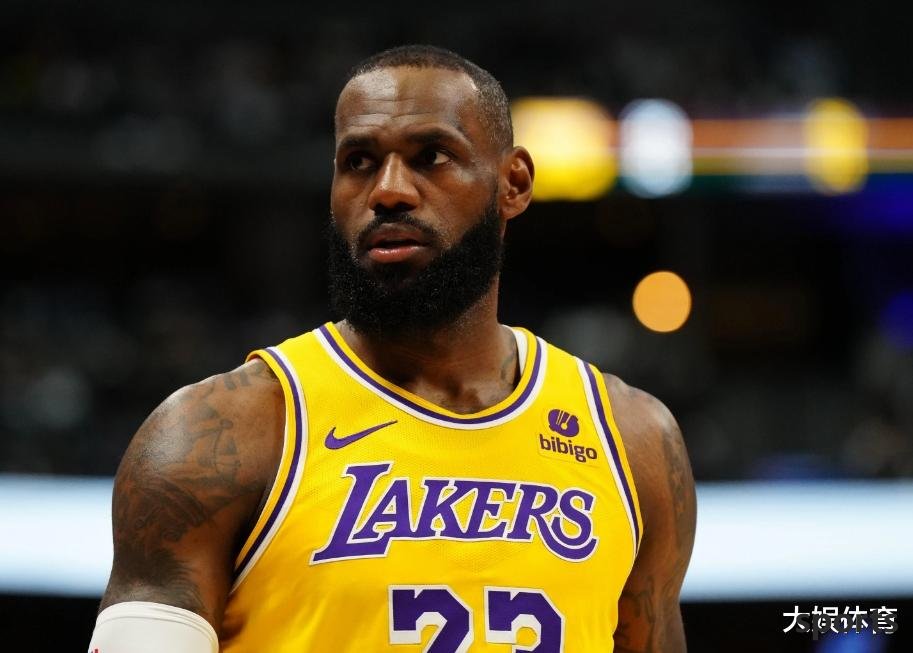
### 4. The double evidence of data and history
James' 4-Champions and 4FMVP so far in his career may be insufficient compared to Jordan's 6-Champions and 6FMVP, but his adaptability across the times is unique:
- **Drugship**: The first in total score in the playoffs (8023 points), averaging 28.4 points, 10.2 rebounds and 7.8 assists in the finals, 13 times a team and 5 times a defense show its eternal nature.
- **Comparison of teammate dependencies**: Jordan has Pippen and Rodman; Kobe has O'Neal and Gasol; Curry has Durant and the "Tsunami Brothers". James' three championships were all when the new team system was not yet mature (the Heat's adjustment after the defeat in 2011, the Cavaliers' injury wave in 2015, and the Lakers' lineup reorganization in 2020), and forced the team's upper limit with his personal ability.
- **Adversary strength**: James faced 5 historical teams in the finals (07 Spurs, 14-17 Warriors, 18 Warriors), among which the Warriors' "cosmic lineup" in 2017 even made other teams in the league despair, but James still scored 51 points, 8 rebounds and 8 assists in a single game.
### 5. Redefine "thighs" and "grouping"
The so-called "grouping" is essentially a superstar relying on the system rather than self-dominated. The difference between James is that he has always been the creator of the system: he developed "one-star shooting" at the Heat, optimized "space + fast attack" at the Cavaliers, and integrated "dual core + defense" at the Lakers. Rather than saying he needs "big teammates", he can maximize the value of any teammate - from Charlmos, JR Smith to Caruso, role players can always rejuvenate around him. In contrast, Durant joined the Warriors 73 and Leonard recruited the George Clippers to "combine", which is more in line with the definition of "free riding".
### Conclusion: The greatness of James, the unique king of "own system", is that he breaks the traditional narrative of "one person, one city", proving that a true historical superstar can transcend environmental limitations. His three teams won the championship is not a speculation of "grouping", but an extreme manifestation of his "thigh" strength - no matter what the team is configured, he can quickly become the core of tacticality, spiritual leader and decisive key, no matter how the team is configured, he can quickly become the core of tacticality, spiritual leader and decisive key.. When future fans look back on this history, they may realize more clearly that James is not the product of the "group era", but the lone hero of the "group era" with one person.
Related Posts
- Hornets coach: Kneipelmann Sexton has a chance to start and they can play a key role
- Markkanen: Murinen is on the right path and he can make a fortune in the NBA
- Foreign media show James interacting with fans in the rain: Heavy rain cannot stop the whole city from moving to welcome James
- The sixth man once was! Analysis of how Clarkson supports the Knicks substitute attack
- No. 1 in the league! No. 1 in the league! The 24-year-old No. 1 pick is crazy about gaining muscles, he wants to hit the scoring champion + MVP
- Top 100 stars are released!
- What’s the matter! The Warriors quietly strengthened it, and they added 2 more! OK, I can explain it
- Return to the Cavaliers? James statement has caused heated discussion, US media lists 8 potential destinations, and the four top picks are expected to join forces
- 125 million in 5 years! The NBA s first contract of RMB 100 million this summer was born, and the number one player in the draft was counterattacked
- Absolute nemesis! The Thunder fought the Eastern Conference with 30 wins and 2 losses this season, only losing to the Cavaliers + Pacers one game each
Hot Posts
- Hornets coach: Kneipelmann Sexton has a chance to start and they can play a key role
- Markkanen: Murinen is on the right path and he can make a fortune in the NBA
- Foreign media show James interacting with fans in the rain: Heavy rain cannot stop the whole city from moving to welcome James
- The sixth man once was! Analysis of how Clarkson supports the Knicks substitute attack
Recommend

Ended 6 years of Clippers career! The 28-year-old shooter joins the Bucks with a one-year contract: his three-point shooting percentage exceeded 40% last season
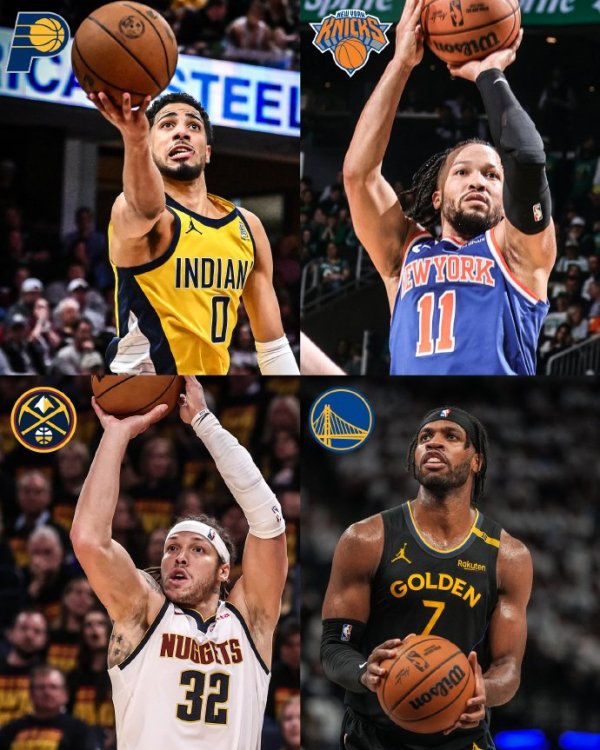
Which two teams can enter the finals? The Cavaliers were both behind 0-2 at home, and the Western Conference matchup was 1-1

More than 100 career times 30+? There are only 24 players in active service, James has done all three teams, the first person in history
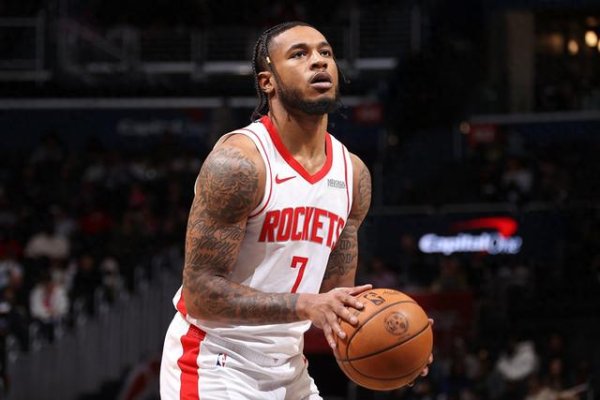
Fire Media: Whitmore and Uduka argue, but Uduka hopes that the former will convert it into motivation
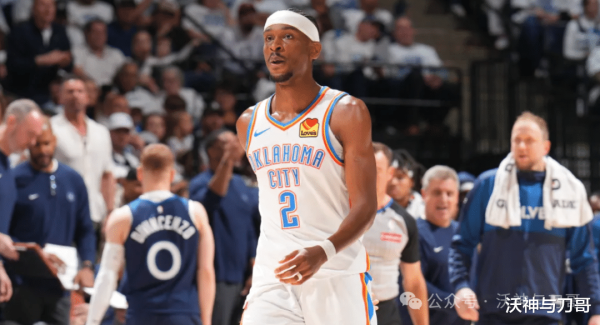
Monday 301 US professional basketball team Oklahoma City Thunder vs Minnesota Timberwolves
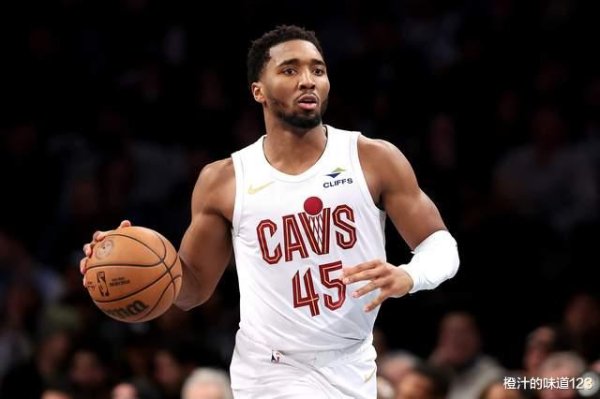
The Cavaliers made 22 mistakes and suffered a crushing defeat, falling behind 1-3 and falling into a desperate situation. Are the Pacers expected to make a comeback again?
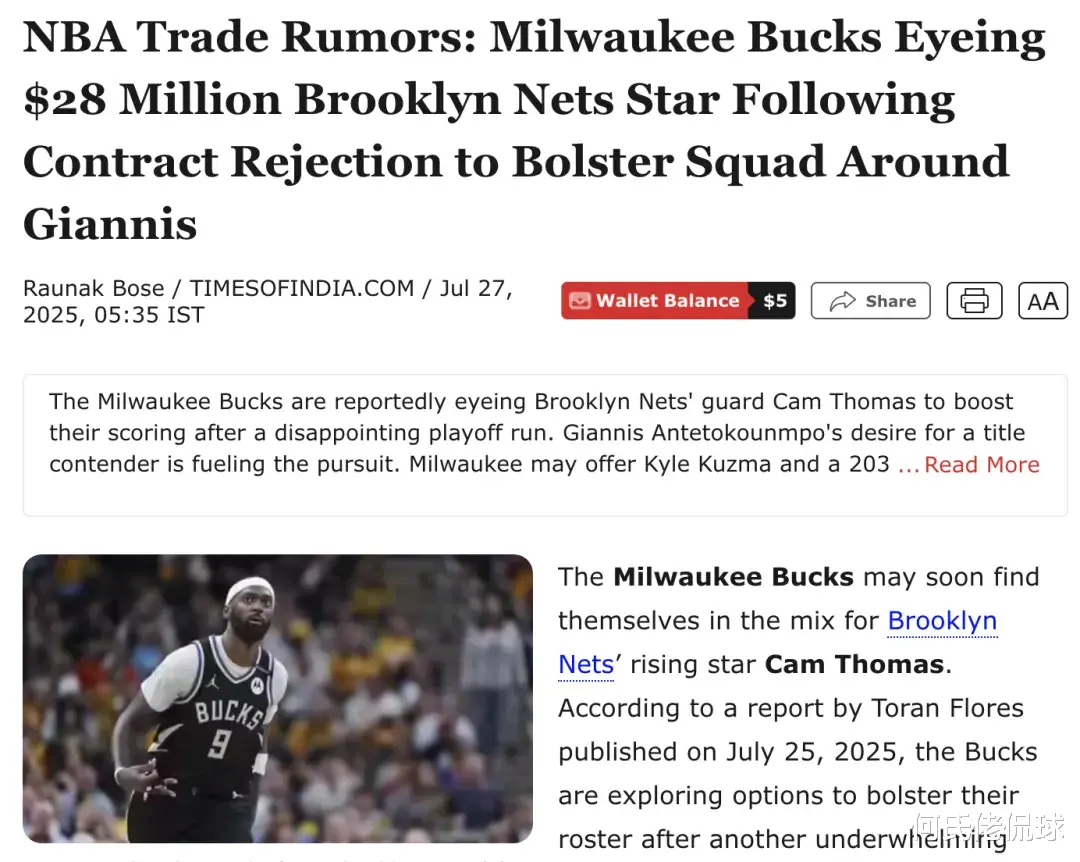
The Bucks copy James homework? No matter how miserable the Bucks are, they will become the king of scrolls. Do you want to change this thing for Antetokounmpo?

Former teammate talks about Kobe s death: Everyone only cares about Kobe & Gigi should also think about other victims